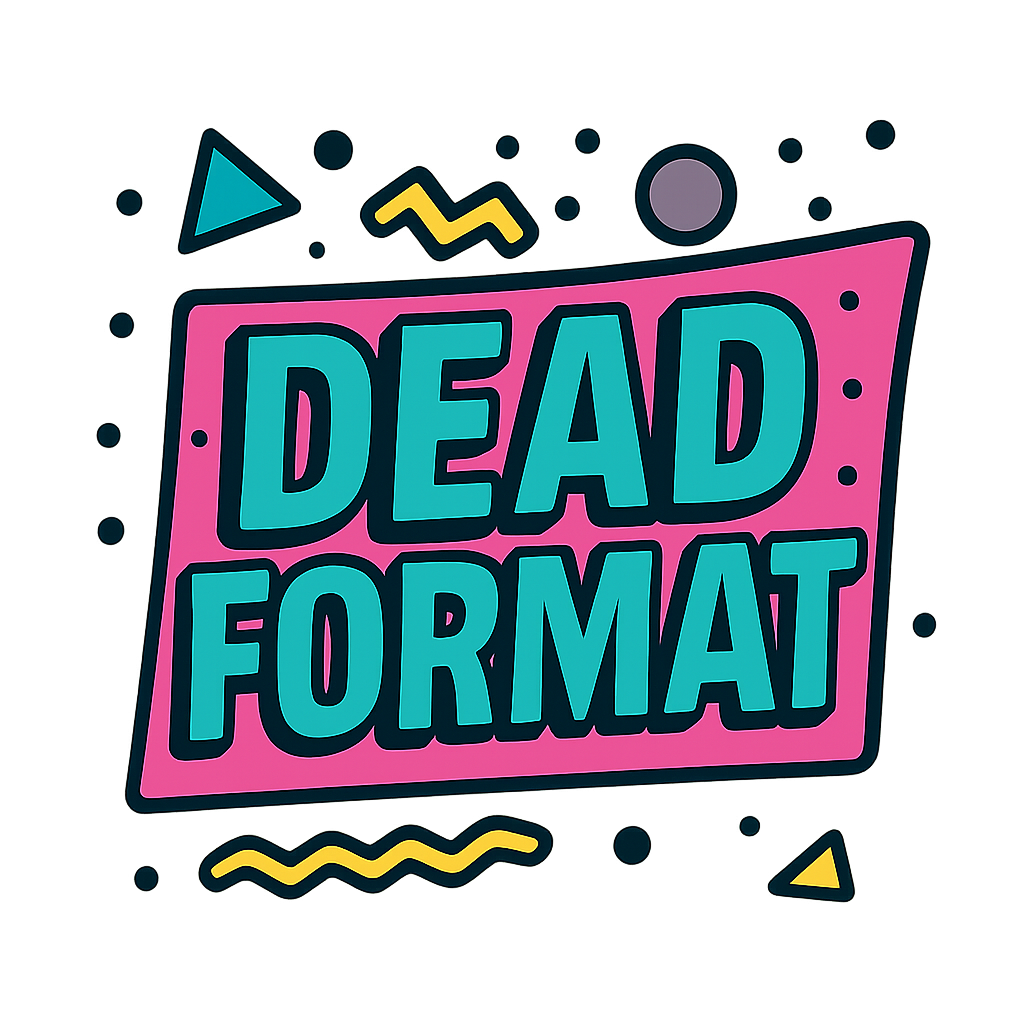Since his first appearance in Detective Comics #27 in 1939, Batman has been a towering figure in pop culture. The Dark Knight has been brought to life on the big screen by a wide range of actors, each offering their own interpretation of Gotham’s brooding hero.
From portrayals that almost sank the franchise to performances that became career-defining, every Batman film has shaped the character’s cinematic identity. Here’s our definitive ranking of the movie Batmen — from the least effective to the ones who set the gold standard.
5. George Clooney
Clooney’s Batman in Batman & Robin (1997) is perhaps the most infamous outing in the franchise’s history. The film leaned hard into neon-coloured camp, toyetic set pieces, and pun-filled dialogue (“Everybody chill!” courtesy of Arnold Schwarzenegger’s Mr. Freeze). The tonal whiplash was jarring, especially for fans expecting the darker, psychologically rich Batman introduced in Tim Burton’s earlier films.
Clooney himself has admitted he “killed” the franchise, joking about refunding people’s tickets when asked about the role. His Bruce Wayne was charming but surface-level, and his Batman was devoid of the menace and gravitas needed to sell the dual identity. The emotional trauma that fuels Batman was nowhere to be seen, replaced with awkward smirks and throwaway gags.
In fairness, even the best actor might have struggled under the film’s campy direction and toy-commercial aesthetics — but Clooney’s Batman is still the low point for the character on film.
4. Ben Affleck
Ben Affleck’s Batman debuted in Zack Snyder’s Batman v Superman: Dawn of Justice (2016) and returned in Justice League (2017, 2021). His version was older, grizzled, and physically imposing, which initially excited fans — the bulkier Batsuit and brutal fight choreography drew inspiration from Frank Miller’s The Dark Knight Returns.
However, the writing undercut the potential. This Batman was driven by rage, quick to use lethal force, and more prone to brute force than careful detective work. Scenes of him branding criminals and casually killing henchmen jarred with the moral code that has always set Batman apart from Gotham’s rogues.
Affleck brought a certain world-weariness to Bruce Wayne, hinting at decades of loss and disillusionment, but the films rarely slowed down enough to explore it. While his physicality fit the part, the character’s intelligence, strategic mind, and moral centre were lost beneath CGI destruction and grim spectacle.
3. Val Kilmer
Val Kilmer stepped into the cape and cowl for Batman Forever (1995), inheriting the role from Michael Keaton as the franchise shifted from Burton’s gothic noir to Joel Schumacher’s more colourful vision.
Kilmer’s Batman managed to maintain some of the gravitas from the earlier films. He brought a quiet melancholy to Bruce Wayne, letting glimpses of his inner torment show through. His Batman felt competent and composed, with a detective’s eye and a strong moral presence.
Unfortunately, Batman Forever was caught between tones — darker than Batman & Robin but lighter and flashier than Burton’s duology. Kilmer had to juggle moments of genuine emotional depth with scenes of over-the-top villains and comedic beats. While he handled the role with professionalism, the uneven tone kept his version from becoming truly iconic.
Kilmer later revealed that he struggled with the physical restrictions of the Batsuit, which limited his movement and facial expression. Despite this, his Batman is still a respectable entry, and one that’s aged better than many gave it credit for at the time.
2. Christian Bale
Christian Bale’s tenure in Christopher Nolan’s The Dark Knight Trilogy (2005–2012) redefined Batman for the modern era. Nolan’s vision stripped away the camp, focusing on realism, grounded stakes, and the psychological toll of Bruce Wayne’s mission.
Bale’s Batman was deeply human — flawed, scarred, but unwavering in his commitment to justice. The trilogy explored his training, his moral philosophy, and the sacrifices he made for Gotham. Bale leaned into Batman’s no-kill rule, highlighting the ethical line that keeps him from becoming what he fights against.
From Batman Begins’ focus on fear as a weapon to The Dark Knight’s philosophical duel with the Joker, and the physical and emotional toll in The Dark Knight Rises, Bale’s arc remains one of the most complete and compelling depictions of the character. Even his much-debated gravelly “Bat-voice” has become a cultural touchstone.
1. Michael Keaton
When Tim Burton cast Michael Keaton in Batman (1989), backlash was swift — fans couldn’t imagine the comedic star of Beetlejuice as Gotham’s dark avenger. But Keaton silenced critics with a performance that balanced quiet intensity and razor-sharp focus.
Keaton’s Bruce Wayne was understated and eccentric, calculating and intimidating. He understood the power of stillness — the way Batman could dominate a scene without raising his voice. His chemistry with Jack Nicholson’s Joker was electric, and he never let himself be overshadowed, even as Nicholson devoured the scenery.
Batman and Batman Returns remain benchmarks for how to blend stylised world-building with complex character work. Keaton’s return to the role in The Flash (2023) proved how enduring his interpretation is, with fans celebrating his comeback decades later. His performance set the template for a cinematic Batman who could be both human and larger-than-life.
Outro
Batman’s cinematic history is a mirror of Hollywood’s evolving tastes — from gothic noir to camp spectacle to grounded realism. Each actor has brought something different to the table, but only a few have truly captured the duality of Bruce Wayne and Batman.
Whether it’s Keaton’s brooding presence, Bale’s moral conviction, or Kilmer’s quiet melancholy, the best portrayals remind us that Batman is more than just a man in a mask — he’s a symbol, adaptable yet timeless. With new actors set to take up the mantle in the coming years, the debate over “the best Batman” will no doubt continue, just as it has for more than 80 years.

